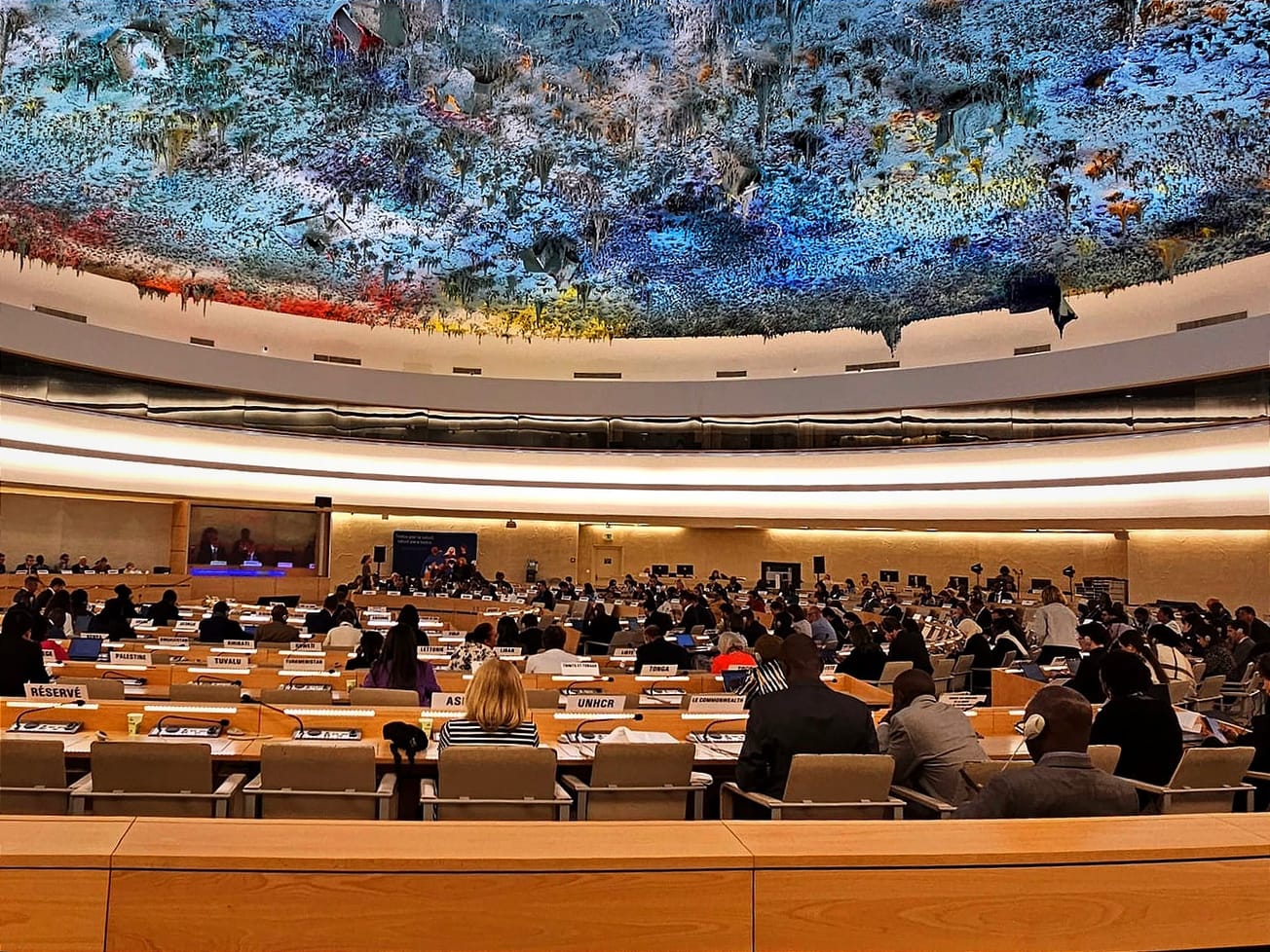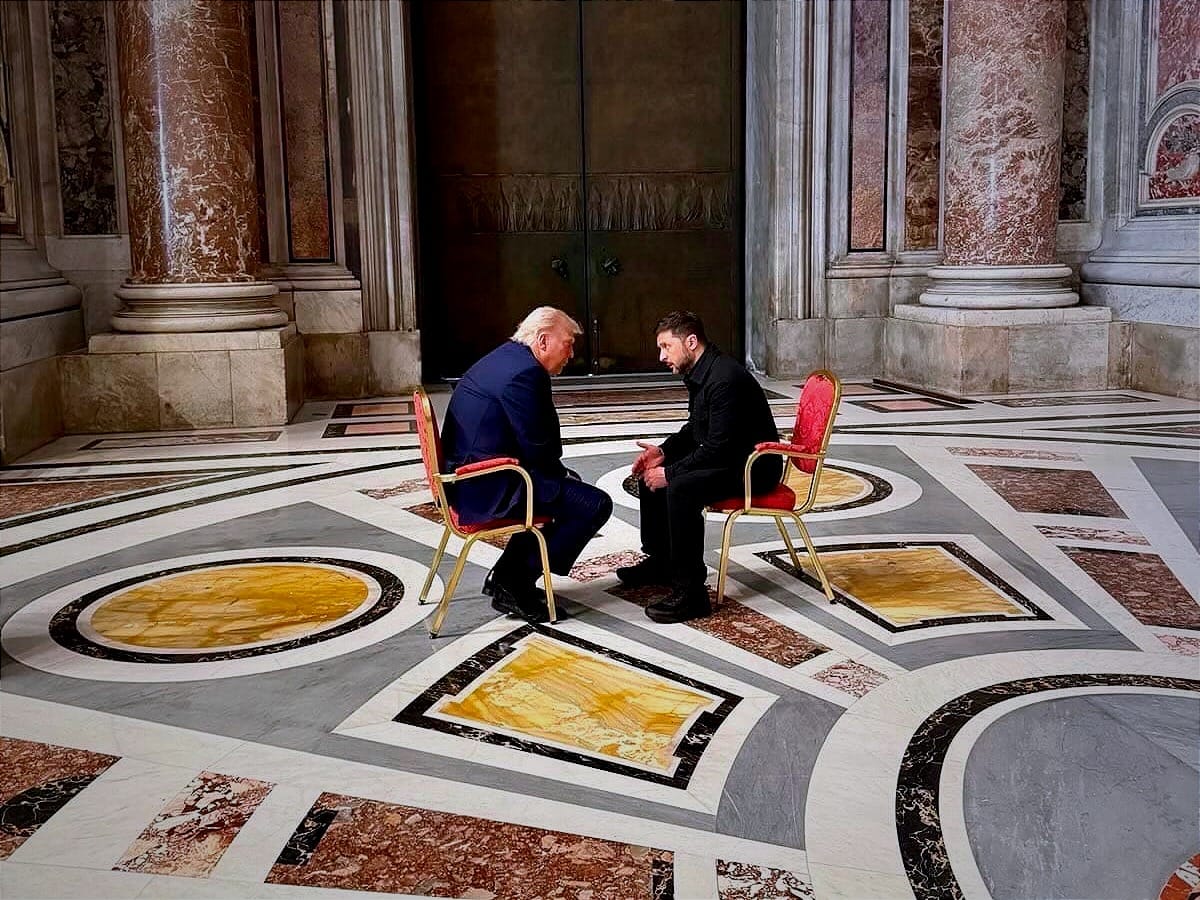The Wall Street Journal has requested a U.N. advisory opinion that could help get its reporter Evan Gershkovich released from a Moscow prison.
The unusual request to the U.N. Working Group on Arbitrary Detention on Tuesday by lawyers for Dow Jones, the Journal's publisher, comes one week before the United Nations General Assembly's annual high-level gathering is held in New York and his appeal is heard in a Moscow court.








